A-level results were released last week and more students than ever received top grades. So how has this led to UK Universities paying for students to take a Gap year?
Leeds University announced this week that this over-achievement has resulted in far more students than expected being able to accept their conditional offers – and they don’t have enough room to take them all! In an attempt to ease the potential overcrowding on medical and business degrees, they are now offering £10,000 and free future accommodation for students with offers to defer their placements this September, and begin their studies in 2022.
Last month the University of Exeter anticipated this problem, also offering £10,000 for deferrals for certain subjects, and more universities are expected to propose similar schemes in the coming weeks.
It seems like a pretty appealing offer, especially for those who were already contemplating taking a Gap Year, or those who had dismissed the idea because they couldn’t afford it.
“But can you really take a good gap year during Covid?”, many people ask. The answer is a resounding YES.
There are, of course, plenty of options for staying domestically – the staycation equivalent of a gap year, where you take some skill development classes, learn a language or build up a study fund in one of the very many hospitality jobs available right now.
But if you are looking for a more classic gap year abroad, there are still plenty of options available.
While most countries are currently affected by the Covid virus, many have seen far lower infection rates, and have managed to contain outbreaks much better than others. For others, vaccine rollouts have been very successful and reduced the impact of the latest variants. For those who are fully vaccinated, borders are opening up and, while the world is certainly ‘normal’, there are many places where the Gap experience is very much available.
To really make the most of a Gap Year in Covid-times, it is important to plan ahead, and travelling with a structured program usually means an extra layer of support to ensure your safety. Participating in a volunteer or internship program, like those offered at Kaya, can be a great option. These programs provide support teams, in-country and at home, that are implementing safety protocols, looking out for changes in local conditions and ensuring that travellers can safely and responsibly participate in local activities that also help host destinations whose economies have suffered under the pandemic.
Programs in remote locations have seen the greatest popularity in 2021. Rhino and Elephant Conservation in Zimbabwe, Amazon Wildlife rescue in Ecuador and Marine Conservation in Belize are just some of the projects travellers have worked on in 2021.
Internships abroad are available and are a great way to get experience in your field, to inspire your studies when you get back. There are options in so many areas, including Journalism, Occupational Therapy or Human Rights and NGO management in Morocco, Public Health or Social work in South Africa or microfinance in Eswatini.
There are many Gap “expeditions” where you can travel with other “gappers”, such as our Thailand Gap expedition
This might also be the best time to learn a new language. Join our French or Arabic language programs in Morocco, or learn Spanish in tropical Ecuador
There are so many options still available for anyone considering taking a gap year in 2021-22, so whether you just didn’t get your university of choice, if you are lucky enough to be offered an incentive, or if the idea or heading back to the classroom this September just doesn’t appeal, consider a gap year to make this next year unforgettable!
What to chat to someone about your options – arrange a call or emailing us and speak with a Kaya placement advisor today! Alternatively, if you have some quick questions now, please use the chat now feature on our website, or requesting a brochure using the button opposite.
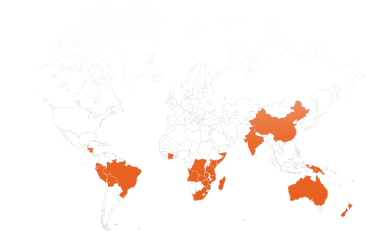
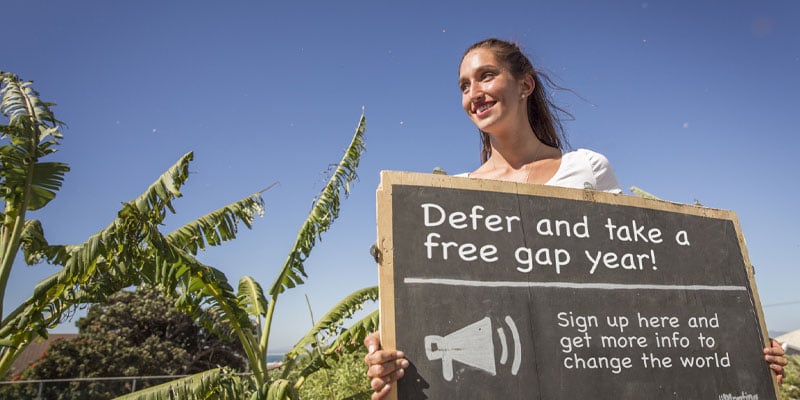
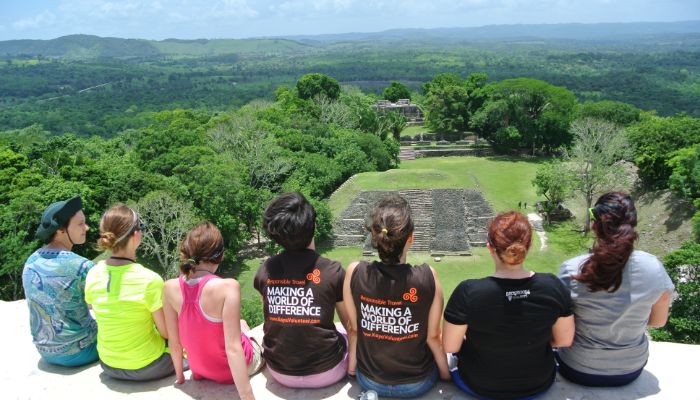
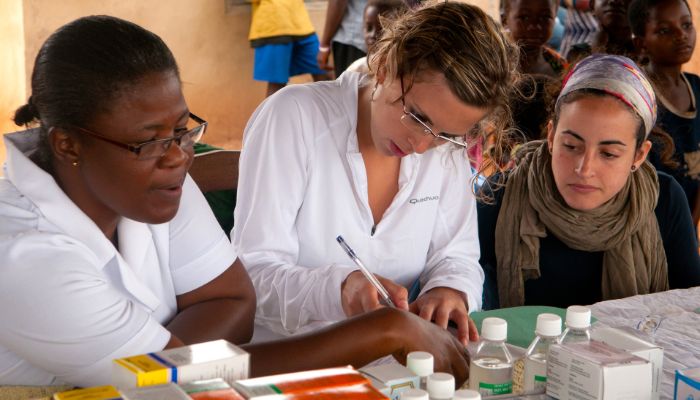
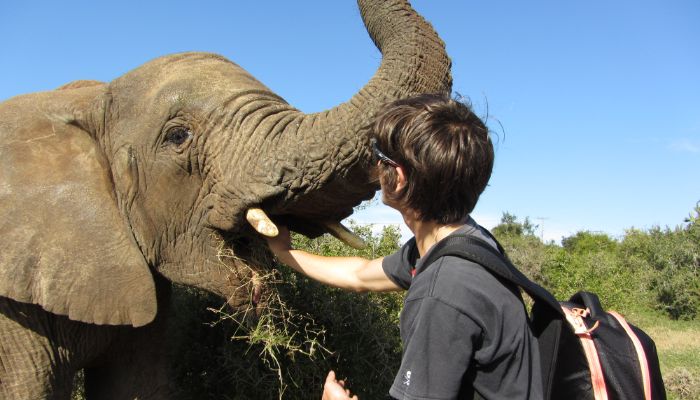
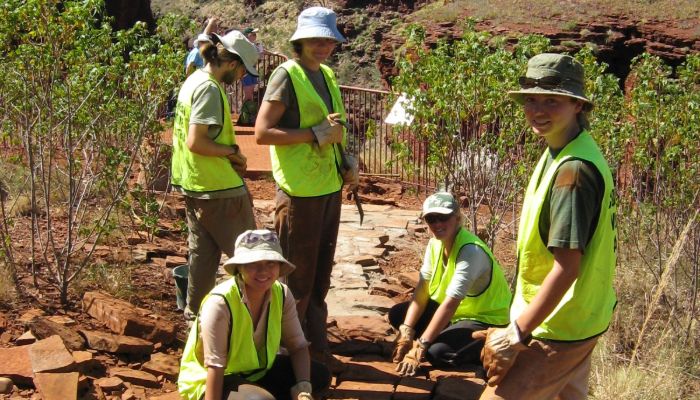
Recent comments